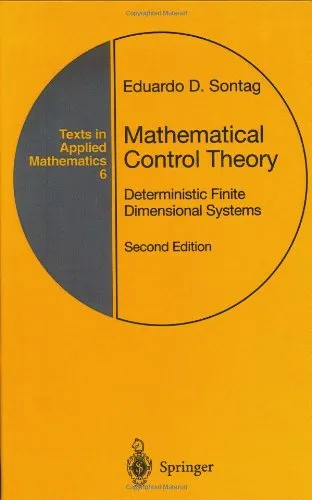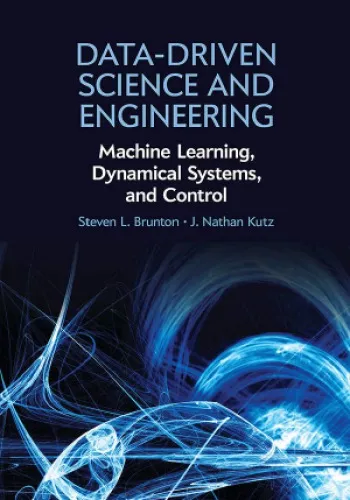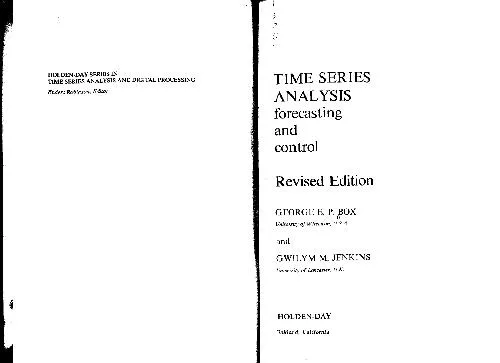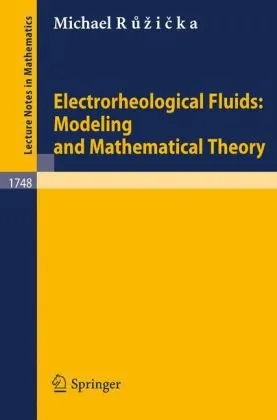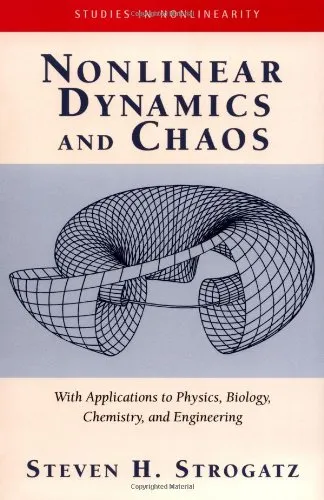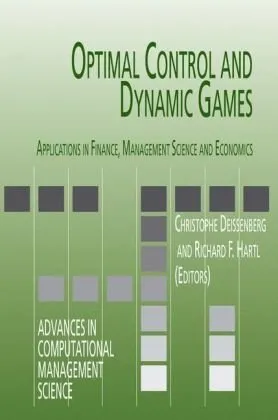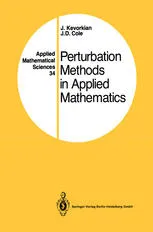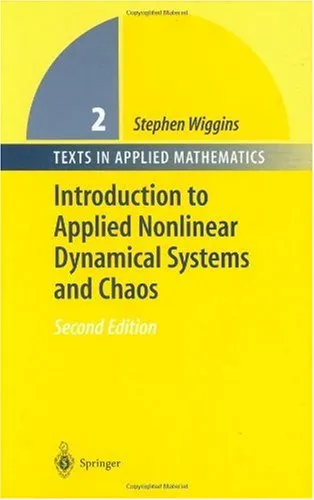Mathematical Control Theory: Deterministic Finite Dimensional Systems
4.7
Reviews from our users

You Can Ask your questions from this book's AI after Login
Each download or ask from book AI costs 2 points. To earn more free points, please visit the Points Guide Page and complete some valuable actions.Related Refrences:
Introduction to Mathematical Control Theory: Deterministic Finite Dimensional Systems
"Mathematical Control Theory: Deterministic Finite Dimensional Systems" is a graduate-level text that provides a comprehensive introduction to the complex and fascinating field of control theory. Written by Eduardo D. Sontag, this book bridges the gap between advanced mathematics and engineering applications. It offers rigorous mathematical foundations while staying connected to practical considerations, making it a valuable resource for both academic researchers and practitioners in control systems.
The book is built around deterministic, finite-dimensional systems, focusing on understanding system behavior and designing control strategies. Its emphasis on mathematical rigor, combined with practical examples and applications, makes it an indispensable guide for those looking to delve into the intricacies of control theories. With its clear structure and focus on core ideas, this book has become a cornerstone in the field and continues to serve as a reliable reference for generations of control theorists.
Detailed Summary of the Book
This book is structured in a logical progression, taking readers from foundational topics to more specialized areas of control theory. It begins with an introduction to dynamic systems, covering the essential mathematical tools such as linear algebra, differential equations, and state-space concepts. These form the backbone of the discussions that follow on controllability, observability, and feedback control systems.
Key chapters delve deep into topics like linear system theory, Lyapunov stability, and realization theory, providing rigorous proofs and intuitive explanations. The book also explores the interaction between algebraic and geometric methods in control theory. Nonlinear systems are addressed with the same level of detail, helping the reader understand how behaviors differ from linear settings and the implications for control design.
One of the unique features of the text is its balanced approach—concepts are presented with an emphasis on mathematical theory, but the discussions are always anchored in practical applications. This ensures the material is accessible to readers across disciplines, from mathematicians and physicists to engineers in robotics, aerospace, and other domains where control theory plays a crucial role.
Key Takeaways
- A detailed exploration of deterministic control systems within a finite-dimensional framework.
- Rigorous mathematical foundations for concepts like controllability, observability, and stabilizability.
- A focus on both linear and nonlinear systems with extensive examples and proofs to aid understanding.
- Insights into the interplay of algebraic and geometric methods in modern control theory.
- Applications to real-world problems, demonstrating the relevance of abstract mathematical principles to practical scenarios.
Famous Quotes from the Book
"Control theory provides the mathematical framework for influencing systems toward desired goals without direct interference."
"Controllability asks not only if we can influence a system, but how and to what extent such influence is possible."
"Geometric intuition often complements algebraic tools to form a deeper understanding of system behavior."
Why This Book Matters
Control theory is an essential discipline in modern engineering and applied mathematics. It underpins many technological advancements—from spacecraft navigation to automated manufacturing and beyond. "Mathematical Control Theory: Deterministic Finite Dimensional Systems" stands out by offering a clear, rigorous, and systematic treatment of the subject. By emphasizing deterministic systems and finite-dimensional frameworks, the author provides a foundation that is both broad and deep, equipping readers to tackle more advanced topics and real-world challenges.
What sets this book apart is its ability to condense complex mathematical ideas into an accessible format without sacrificing clarity or precision. Each chapter builds on the last, guiding readers through this multi-faceted discipline with confidence. For students, researchers, and practitioners alike, this text offers a solid grounding in both fundamentals and advanced topics, making it a timeless resource in control theory.
Free Direct Download
You Can Download this book after Login
Accessing books through legal platforms and public libraries not only supports the rights of authors and publishers but also contributes to the sustainability of reading culture. Before downloading, please take a moment to consider these options.
Find this book on other platforms:
WorldCat helps you find books in libraries worldwide.
See ratings, reviews, and discussions on Goodreads.
Find and buy rare or used books on AbeBooks.
1429
بازدید4.7
امتیاز0
نظر98%
رضایتReviews:
4.7
Based on 0 users review
Questions & Answers
Ask questions about this book or help others by answering
No questions yet. Be the first to ask!
